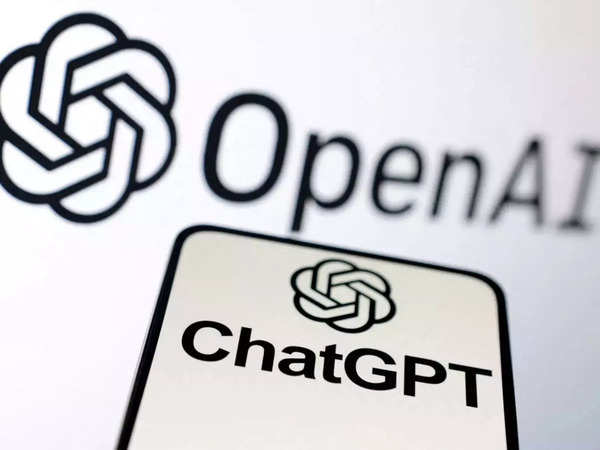In a significant development, several leading news organizations, among them The New York Times, CNN, and the Australian Broadcasting Corporation (ABC), have taken measures to restrict Microsoft-backed OpenAI’s access to their content for training its AI models. This decision has a notable impact on OpenAI’s web crawler, known as GPTBot, which scours the internet for data to improve its AI models.
The New York Times, in particular, has taken a substantial step by explicitly prohibiting OpenAI from utilizing its content for AI model training. This decision has garnered widespread attention, with reports indicating that OpenAI, led by Sam Altman, can no longer utilize The New York Times content to enhance its AI models. GPTBot, OpenAI’s web crawler, plays a crucial role in this process, analyzing web pages to refine the organization’s AI models.
OpenAI has been an advocate for enabling GPTBot to access websites, emphasizing that this practice significantly enhances the precision, capabilities, and safety of AI models. Allowing GPTBot to scan websites contributes to more accurate and robust AI applications across various domains.
Recent updates to The New York Times’ terms of service explicitly prohibit the use of its content for AI model training, a move echoed by CNN, which has blocked GPTBot’s access across its digital platforms. Similar actions have been taken by other news outlets, including the Chicago Tribune and Australian Community Media (ACM).
The tension between The New York Times and OpenAI has escalated to the point where the publication is exploring potential legal actions. This conflict stems from ongoing negotiations concerning a licensing deal. Under this proposed deal, OpenAI would compensate The New York Times for incorporating its stories into AI tools. However, these negotiations have reportedly become contentious, raising the possibility of legal action.
Should a lawsuit be pursued against OpenAI, it could result in a landmark legal battle, addressing critical issues of copyright protection within the realm of generative AI. The outcome of such a case could have far-reaching implications for the use of news content in AI model development and may set significant precedents for the future of content access and AI training.
The news industry’s decision to limit OpenAI’s access to its content reflects the growing concerns and debates surrounding the use of copyrighted material in the development of AI technologies. This conflict between content creators and AI developers underscores the evolving landscape of intellectual property rights in the digital age.
